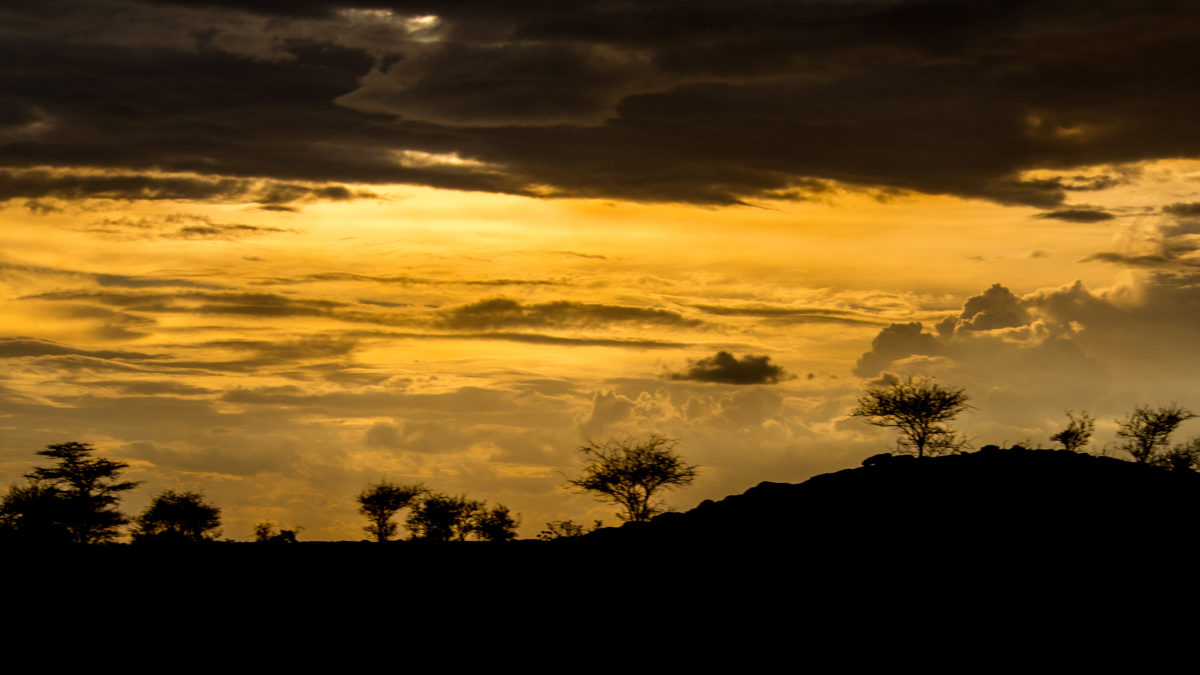Renewable energy academic Seife Ayele told pv magazine that some of the issues afflicting the Ethiopian government’s quest for procuring non-hydropower renewable energy projects include poor planning, unrealistic projects and “weak” human and institutional knowledge. Incomplete electricity sector improvements, “significant” project risks and a “weak” domestic private sector are also barriers, he said.
pv magazine asked the Ministry of Water and Energy to comment on these critiques but did not get a response.
Ayele, a research fellow at the Institute of Development Studies in the United Kingdom, and three other academics came to this conclusion after researching the Ethiopian government’s handling of non-hydro renewable energy procurements.
Culminated in a recently published research paper, the team conducted literary research, held workshops and interviewed over 40 non-government and government stakeholders, “informants” and CEOs of independent power producers (IPP) to try and understand the government’s process. The researchers were inspired after the government’s best efforts to ramp up the industry, which peaked in 2018 with the implementation of transparent auctions, failed, according to the paper.
“Many IPPs were attracted to the Ethiopian renewable energy sector, with at least five signing power purchase agreements,” the authors state in the report.
“Gad and Dicheto projects, won by Saudi Company ACWA Power, resulted in US$2.526 cents/kWh tariff agreements, and were celebrated as the cheapest in sub-Saharan Africa.
“However, at the time of writing and after a decade, none of the projects reached financial close and the volume of procurement dropped by more than 70 percent from the plan.”
The researchers used five renewable energy projects – three solar and two geothermal – as case studies and found “challenges and fault lines,” applicable to the whole sector, Ayele said. “Firstly, the projects that the government came up with were almost too ambitious in size.
“Number two was the actors involved in the program. There was tension, particularly between the Ethiopian Electric Power, the main generator, and the Ministry of Finance, who were governing this procurement process.”
The “fragmented” nature of government delayed projects, Ayele said, and government staff also lacked the necessary legal, financial and scientific skills to get projects off the ground. “They really needed to set up a good, strong team to engage with foreign companies, and that didn't happen at the beginning,” Ayele said.
Financial risks also made Ethiopia “problematic” for investors, he said, listing off examples such as converting Ethiopian currency into foreign currency and the availability of foreign currency for expatriating profit. The war in northern Ethiopia also spooked investors and delayed the underground implementation of projects, Ayele said.
Last week, the CEO of the Africa Solar Industry Association, John van Zuylen, said, while speaking about solar in Mozambique, some project developers could be attracted to “risk” as it could mean “a higher level of return on their investment.” When put to Ayele, he refuted this saying the war, “certainly affected Ethiopia.”
Despite Ethiopia being resource-rich – it is just below the equator and receives ample wind – only half of the country’s population has access to electricity, according to World Bank.
Ethiopia’s estimated installed solar capacity has hovered at 21 MW for two years, according to the International Renewable Energy Association (IRENA). And although almost all of the country's energy in 2020 was sourced from renewables (88%), most of this (96%) was biomass. This is the burning of wood, dung, charcoal and crop residue, a 2014 report states. Hydropower produced the remaining 4% of renewable energy in 2020, which generated just under 5 GW.
Ayele said the government wants everyone connected to the grid, but this is a “monumental task” given the current state of the energy sector. He believes that fostering the domestic energy sector could fill the energy gap as it is a flexible resource that lends itself to smaller projects distributed across the country. Although Ayele predicts solar’s presence in Ethiopia will increase, electricity sector reforms and the introduction of a “bold” green industrial policy are required.
The paper, titled “Governance of renewable energy procurement via private suppliers: The Ethiopian experience”, was published in Energy Policy.
This content is protected by copyright and may not be reused. If you want to cooperate with us and would like to reuse some of our content, please contact: editors@pv-magazine.com.



A common problem throughout Africa.
The article on Ethiopian solar projects is only partially accurate and needs more elaboration and analysis. For instance, it fails to mention the reason behind the cancellation of the IA and PPA agreements that were signed at the commercial close of GAD Dicheto. It also leaves out the issue of the bid bond and the status of the project. Was it retendered or not? What is the current progress? These are crucial questions that the article should address.
Seife Ayele’s critique of Ethiopia’s renewable energy sector highlights challenges like overly ambitious projects, weak planning, and lack of expertise. While his view is somewhat pessimistic, recent developments show progress. The Grand Ethiopian Renaissance Dam (GERD) is steadily increasing its output, now at 1,550 MW, with plans to reach 5,150 MW. The World Bank’s recent $522 million investment aims to expand electricity access and stabilize the sector. Meanwhile, foreign investments, such as Japan’s TOYO Co. Ltd building a solar cell factory, signal growing confidence. Despite Ayele’s concerns, Ethiopia is making strides through these efforts and reforms, slowly addressing past barriers and aiming for sustainable energy growth.